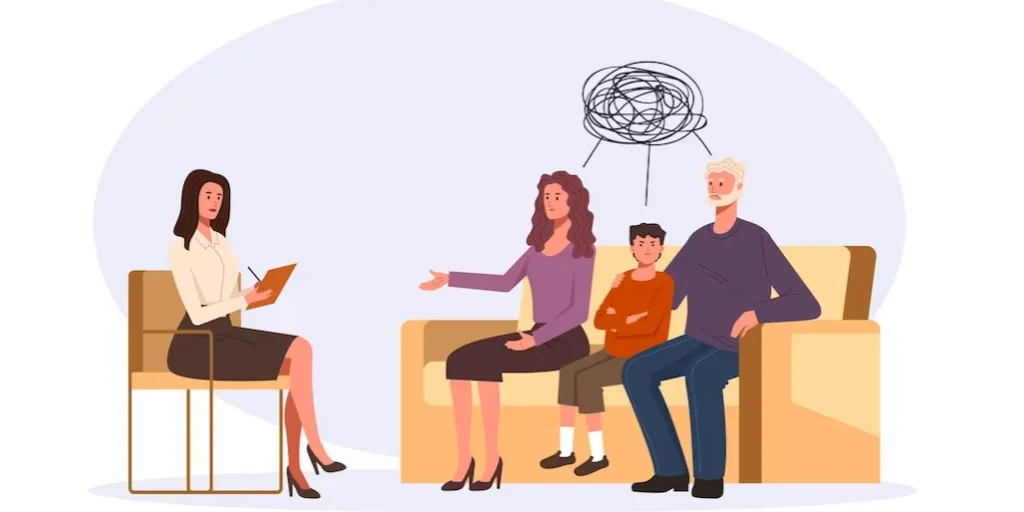24/7 Helpline:
(866) 899-111424/7 Helpline:
(866) 899-1114
Other Insurance Options

Private insurance

UnitedHealth Group

Aetna

Cigna

United Health Care

BlueCross

WellCare Health Plans

MHNNet Behavioral Health

WellPoint

Ambetter

Health Net
Beacon

Medical Mutual of Ohio

Providence

Coventry Health Care

BlueShield

Amerigroup

Carleon

Self-pay options

CareFirst














